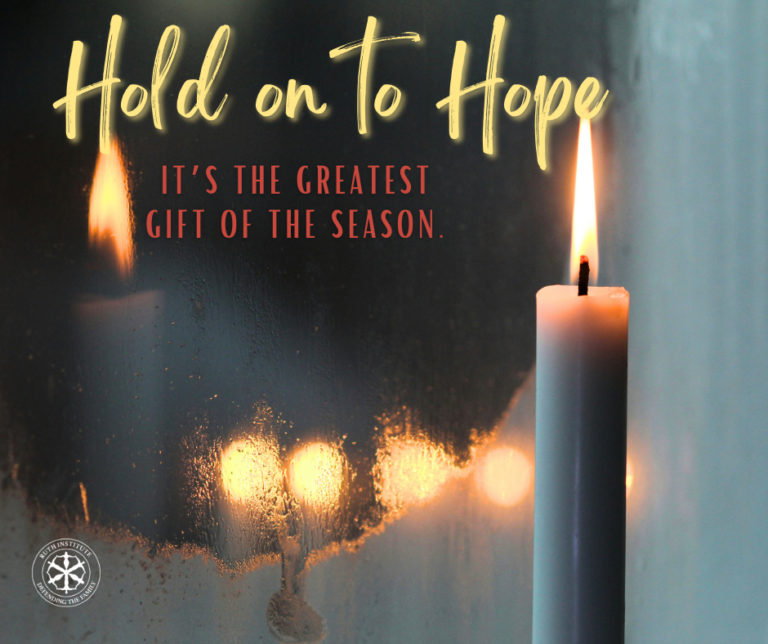Experts weigh best practices to reach younger adults, who are less likely to attend Mass and more likely to back same-sex ‘marriage.’
by JOAN FRAWLEY DESMOND 07/09/2015
WASHINGTON — When the U.S. Supreme Court issued its June 26 ruling,
which found a constitutional right to same-sex “marriage,” Catholic leaders called for renewed efforts to evangelize the faithful on the true meaning
of a central social institution that has faced headwinds for half a century.
But the landmark ruling coincided with more bad news: Recent surveys confirmed a decline in both Mass attendance and in support for Catholic sexual
ethics — especially among Millennials (Americans aged 18-34).
A Pew Research Center report, released
in May, found that just 16% of Millennials identified as Catholic, while 20%-23% of their counterparts in three previous generations claimed that
religious affiliation. And for the first time, the portion of religiously unaffiliated Americans surpassed the number of Catholics.
“The vast majority of Millennials are disengaging,” said Curtis Martin, who leads the Fellowship of Catholic University Students (Focus), an apostolate that trains young missionaries to share the faith with college students on U.S. campuses. “They have not heard the Church’s
message with the Church’s voice.”
But Martin also observed that the religious indifference of many cradle Catholics is matched by the enthusiasm of a small but vibrant group of new
arrivals. Their striking commitment reveals the enduring appeal of Catholic faith and community in an era shaped by powerful secular forces.
A Wake-Up Call and an Opportunity
Thus, Martin sees the Supreme Court’s landmark decision as both a wake-up call and an opportunity to improve the substance, scope and tactics of the
Church’s engagement with this demographic.
Like others interviewed for this story, Martin supports the U.S. bishops’ advocacy on Church teaching about abortion, same-sex “marriage” and religious
freedom. But he warns that political activism can never be a substitute for evangelization.
“The real issue is being in a relationship with a God who loves you, and then you will want to be chaste,” Martin said.
In this model, Catholic teaching on marriage and sexual ethics is anchored in a holistic vision of life that is made concrete in personal testimony
and witness in parishes, through college-based programs and at family dinner tables.
“Our culture is in a relational desert,” fostered by online “virtual relationships,” Martin said. “Where we win is in the area of [real] relationships,
and [Focus missionaries] get into people’s lives — just as Jesus did.”
“In our friendships, we tell people, ‘Our God loves you just the way you are, but he has a plan to bring you beyond that so you can be awesome,’”
said Martin.
That invitation, he said, should be extended to everyone, including persons with same-sex attraction and those who disagree with Church teaching
on other matters.
“This is a Church founded by God, who came down from heaven to be with sinners. I need to be ready to open my life and offer friendship.”
Careful Thought Needed
But the path to engagement with young, disaffected Catholics requires careful thought, noted Matthew Kelly, the founder of Dynamic Catholic,
which develops resources that inspire people to rediscover their cradle faith.
“The biggest mistake we make in trying to lead young Catholics into a meaningful relationship with Jesus and his Church is we assume that [all
of] these young people have made a choice for Jesus and the Church,” Kelly, the author of Rediscover Jesus,
told the Register. “They haven’t. They still need to be won. And they need to be won first.”
“The great challenge is to find ways to engage and evangelize young Catholics in a discussion and an experience of Catholicism that gets them beyond
the cultural stereotypes and criticisms and leaves them thinking, ‘Wow, this is nothing like what I thought it would be like!’” added Kelly.
“We have to make it intriguing or we will continue to hemorrhage young people from the Church.”
Kelly’s remarks allude to one hurdle that cannot be easily overcome: the fading influence of family and Church on the values of this demographic.
The “2015 Millennials, Sexuality and Reproductive Health Survey,”
conducted by the Washington-based Public Religion Research Institute (PRRI), found that, overwhelmingly, social media, schools and friends
shape the worldview of this age group.
Shaping a Generation
The unfiltered impact of social-media messaging should prompt a dialogue on “what it means to be formed by advertising, media and entertainment,
in light of what is promised in the Gospel,” said Timothy O’Malley, the director of the Center for Liturgy at the University of Notre Dame
and a Millennial Catholic who has written about the cultural forces
that shape this generation.
While social media celebrates and normalizes sexual license, said O’Malley, “Pope John Paul II tells us that if you look at Christ, you ‘encounter
what it means to be fully human.’ It opens them up to other ways of being fully human, and they are free to choose a way of life that is true,
good and beautiful.”
This kind of dialogue spurs young people to rethink unhealthy relationships, he said. But it also fosters an appreciation for the redemptive power
of suffering.
“This suffering is part of the Christian vocation, the mystery of the divine call,” he said. “We are setting this within the larger context of
Christian self-gift, rather than an immediate political issue.”
As O’Malley sees it, the high court’s historic decision provides a new opening for the Church “to focus not only on the political and legal structure,
but to form people more authentically in what constitutes actual sacramental marriage and really reach out to homosexual Catholics.”
“To me, same-sex ‘marriage’ is not the defining issue,” O’Malley said. “Our much bigger issue is commitment and marriage in general. Marriage is
dropping.”
Faith-Based Outreach Key
Lila Rose, 26, the pro-life activist who leads Live Action, echoed the view that faith-based outreach, not
political engagement, must take center stage now.
“We don’t need more political activity,” Rose told the Register. “More than anything, we need the laity to engage their friends and ask them: What
do they think marriage is? Do they understand what a homosexual lifestyle involves?”
Carlos Flores, 21, a junior at the University of California at Santa Barbara and a practicing Catholic, who serves as the president of the campus’
newly established Anscombe Society, has embraced the need to engage his peers on issues
like “marriage equality.”
In June, the Anscombe Society invited Jennifer Roback Morse of the Ruth Institute to address the topic “Same-Sex Marriage: Why Not?”
The event was disrupted by a homosexual-rights group. The protesters departed after chanting through parts of Morse’s talk, which defended the
right of children to be raised by their natural parents.
Afterward, Flores wrote an open letter to the protesters that critiqued their disruptive tactics. “[Y]our actions have demonstrated that you have a disregard for intellectual discourse,”
Flores wrote.
Later, during an interview with the Register, Flores offered a straightforward reason for many of his peers’ lack of engagement with the Church.
“Catholics my age are leaving the Church because it hasn’t done a good enough job of defending its ethical stands, especially on sexual matters,”
said Flores.
Lacking Pastoral Care
Morse agreed with Flores’ judgment.
“As a pastoral matter, the Church has done a good job on holding the line on doctrine, but not on walking alongside of people,” Morse told the
Register.
“We don’t talk about the harm inflicted by divorce because we don’t want to upset anybody. Yet you have children of divorce sitting in the pews,”
she said.
“What we have to do is to say that sin hurts people. We need to focus on the fact that violating the natural law will hurt you,” Morse explained.
Morse suggests that victims of the sexual revolution are often best suited to give that message.
“Young people respect testimony and witness more than they respect data. Adults of our generation who have lived through no-fault divorce and open
marriage and now support Church teaching should be given a microphone.”
Yet pastors who work with young people emphasize that their skeptical treatment of Catholic teaching is often fostered by a deep individualism
that keeps traditional values and concerned adults at bay.
“I would contend that one negative derived from an uncritical adoption of the tenets of individualism is being obliged throughout life to carry
the weight of the presumption that if something does not originate from me exclusively then it is not really all that worthwhile,” wrote Father
Michael Cummins, a priest of the Diocese of Knoxville, Tenn., in a May 2015 blog for Word on Fire.
Gifts and Blind Sides
In his various roles as youth minister, college chaplain and vocations director, Father Cummins has witnessed “the great gifts Millennials bring,
and also some blind sides.”
On the one hand, an engrained individualism often inspires Millennials to generate their own values, rather than embrace Church Tradition, said
Father Cummins, “but I do think that young people respond to authenticity. If they see someone who is striving to live an authentic life and
holding to what they believe to be true, that does speak to them.”
A joyful, well-lived Catholic family life is deeply appealing to the young, he said, because many of them live in an inauthentic world.
“They need to be helped to realize that there are other ways to live. You can live a life that is authentic and that has hope and a goal. That
is our faith and the Gospel message.”
When Father Cummins was a college chaplain, he often used social media to start a conversation that would “bring them to something much richer,”
he explained.
“That is part of being authentic. Life has to be lived concretely. We have a sacramental faith that is in concrete reality, and God chose to transform
concrete reality.”
Joan Frawley Desmond is the Register’s senior editor.



